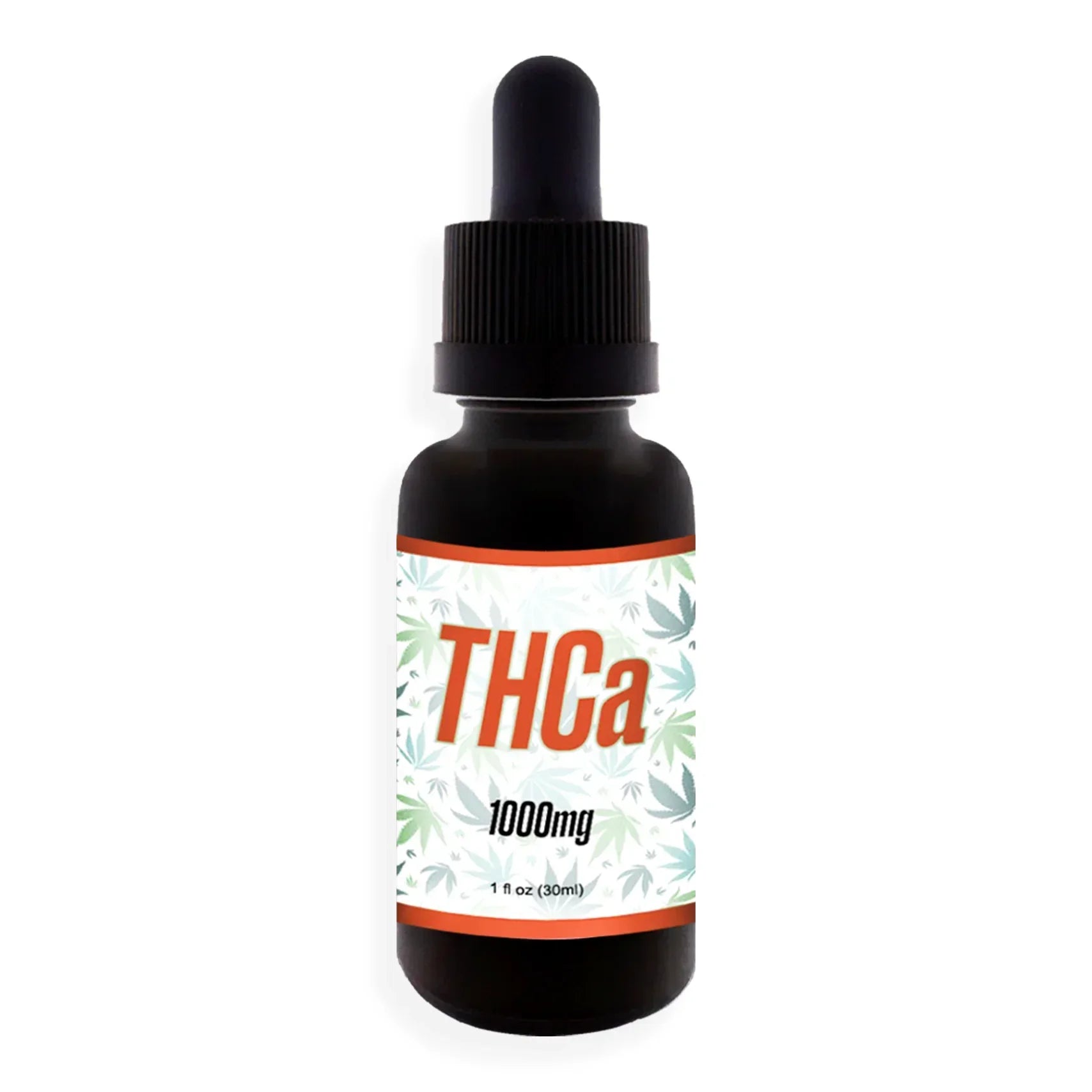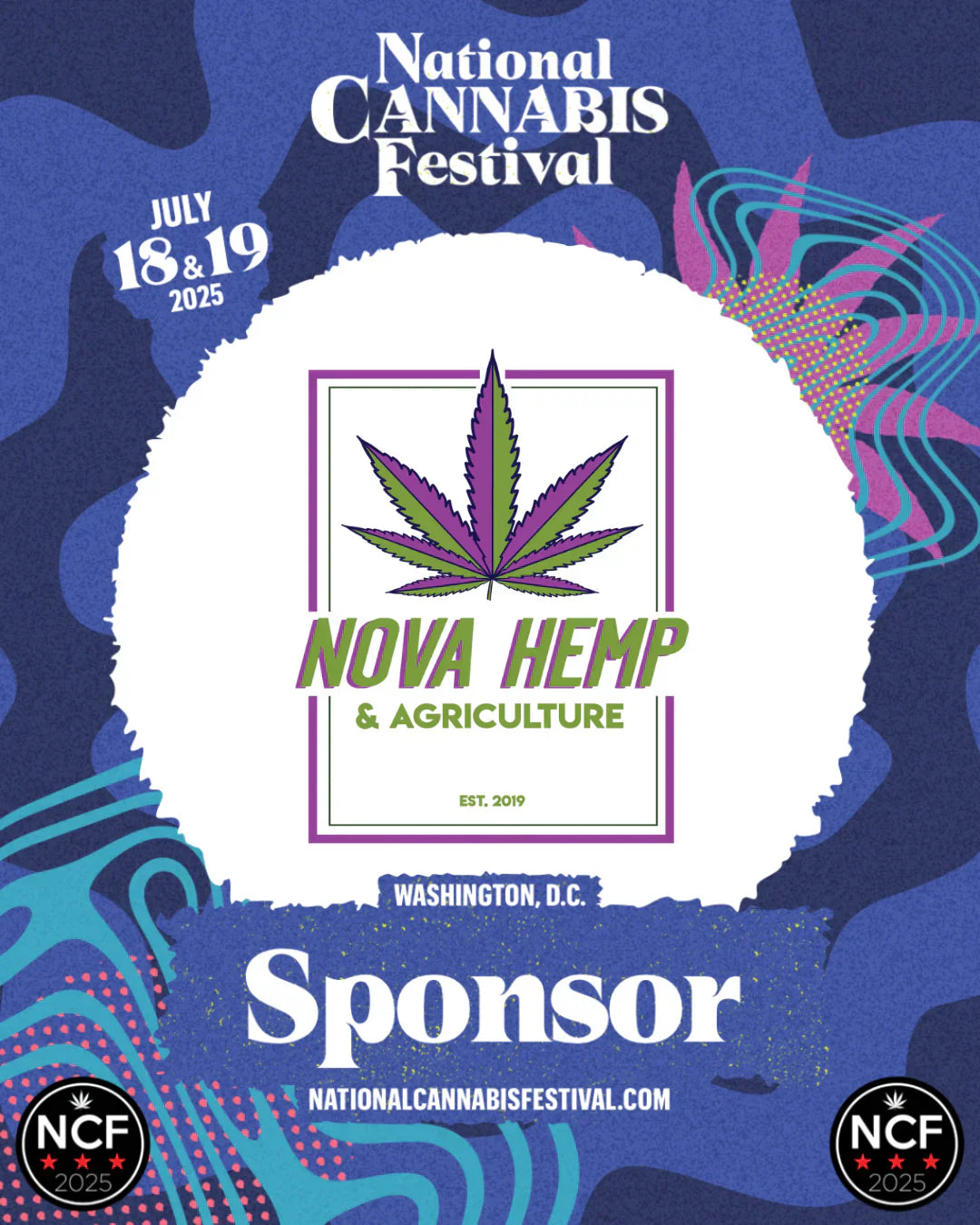For many in the world of medical cannabis and health supplements, the rise of THCa tinctures has sparked curiosity and a pressing question: Does THCa tincture get you high in the same way as THC? This blog post aims to demystify THCa, a non-psychoactive cannabinoid, and discuss its interaction with the body, particularly in tincture form.
THCa, short for Tetrahydrocannabinolic acid, is a compound found in the raw cannabis plant. It is the acidic precursor to THC (tetrahydrocannabinol), the widely known psychoactive component in marijuana. In its naturally occurring state, THCa is non-psychoactive, which means that it does not induce the euphoric high that THC is known for.
Understanding Decarboxylation
The process that transforms THCa into the potent THC is known as decarboxylation. This is a chemical reaction catalyzed by heat, requiring temperatures about 220°F (104°C) typically achieved through smoking, vaping, or baking cannabis. When cannabis undergoes decarboxylation, the THCa molecule loses a carboxyl group, converting into THC and unlocking its psychoactive properties. So, does THCa make you feel high in its natural form? No, only when it’s converted to THC via decarboxylation.
THCa Tinctures and Psychoactivity
Given that decarboxylation is necessary for the "high" effect, we can infer that THCa tinctures, which are meant to be consumed without the application of high heat, do not cause psychoactive effects. In other words, THCa tincture does not get you high. This is crucial information for medical cannabis users and health enthusiasts who want the therapeutic benefits of cannabinoids without the mind-altering experiences.
Exploring the Benefits of THCa Tinctures
While it doesn't get you high, THCa tinctures have been recognized for their potential health benefits. Some of the associated benefits include anti-inflammatory and neuroprotective properties, making it a subject of interest for those suffering from chronic pain, arthritis, neurological disorders, and similar conditions. THCa is also being investigated for its possible anti-proliferative qualities concerning tumor and cancer cells.
NOVA Hemp THCa Tincture
Among the products on the market, the Nova Hemp THCa tincture stands out for its quality and concentration. Designed for sublingual delivery, this tincture provides a convenient and measured method to incorporate the potential benefits of THCa tinctures into daily wellness routines. It is vital for consumers to understand that this will not induce a high but can contribute to their overall well-being.
Conclusion
THCa tinctures pose a unique opportunity for those seeking the health properties of cannabis without psychoactivity. Understanding how THCa differentiates from THC is crucial, ensuring informed decisions are made by medical cannabis users and health enthusiasts exploring cannabinoid-based supplements. With products like Nova Hemp's THCa tincture, consumers can experience an alternative approach to wellness rooted in the holistic properties of cannabis.
Remember, as with any health supplement, it's important to consult with a healthcare professional before starting any new regimen, especially if you have underlying health conditions or are taking other medications.
Stay informed, and take control of your health with confidence!





Share:
A Closer Look at 420: Its History and the Culture Surrounding Cannabis
Do Full Spectrum CBD Gummies Contain THC?